NGIN Chanrith
Former Senior Research Fellow
Dr NGIN Chanrith is Senior Research Fellow of Centre for Natural Resources and Environment. Before joining CDRI, he was Senior Research Fellow and Professional Teaching Fellow at the University of Auckland, New Zealand, where he presently serves as Honorary Academic. His previous appointments also include Dean of the Faculty of Development Studies at the Royal University of Phnom Penh and Designated Professor at Nagoya University Cambodia Satellite Campus. Currently, he is also co-editor of Routledge Studies in Global Land and Resource Grabbing for Taylor & Francis Group. His research interest covers processes and transformations of rural and community development involving land conflicts, natural resource governance, the political economy of resource grabbing, climate change adaptation, post-disaster recovery processes, and disaster preparedness and resilience. Dr NGIN holds a PhD in International Development from Nagoya University, Japan. Some of his works can be found here.
Email : chanrith.ngin@cdri.org.kh

In pursuit of sustaining growth in the economy, Cambodia also strives to enhance resilience, inclusiveness and sustainability. This paper discusses the key climate, gender and social issues that need to be addressed in order to achieve this goal. Specifically, the following issues need to be tackled: (i) high carbon footprints of the growth sectors...

Key MessagesMigrants were mainly young adults, with men doing high-risk jobs like construction and women doing less risky jobs such as factory work. Migrant households’ livelihoods are affected by unpredictable weather conditions, reduced water availability, and extreme events like heatwaves, droughts and floods, which lowered crop yields and fish...

This study investigates the barriers to nutritious food production and consumption in Cambodia’s Tonle Sap Lake floodplain and Mekong Delta, focusing on two case study sites: Boeung Ream Community Fish Refuge in Kampong Thom and Ta Soung Irrigation Scheme in Takeo. Using qualitative methods, including key informant interviews and focus group discus...

During the First PAGE National Steering Committee in Cambodia, PAGE also presented a summary brief outlining five priorities that serves as a roadmap for policymakers and stakeholders to identify the obstacles and opportunities for fostering a green economic transition in Cambodia: Unlocking private and public finance More evidence on different...

Migration forces rural people to find more and better jobs, which is key in generating incomes to sustain livelihoods and ensure food security in times of environmental change. In addition to agricultural production, climate change affects health, water, and energy resources and causes migration and conflict. The impacts of climate change on me...
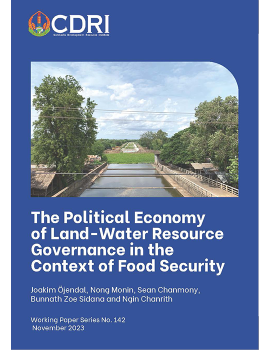
This study explores the political economy of land and water resource governance in Cambodia’s Tonle Sap floodplains, a region vital to national food security and rural livelihoods. Through desk research and stakeholder interviews, the report examines how governance structures, institutional frameworks, and actor dynamics shape resource management o...
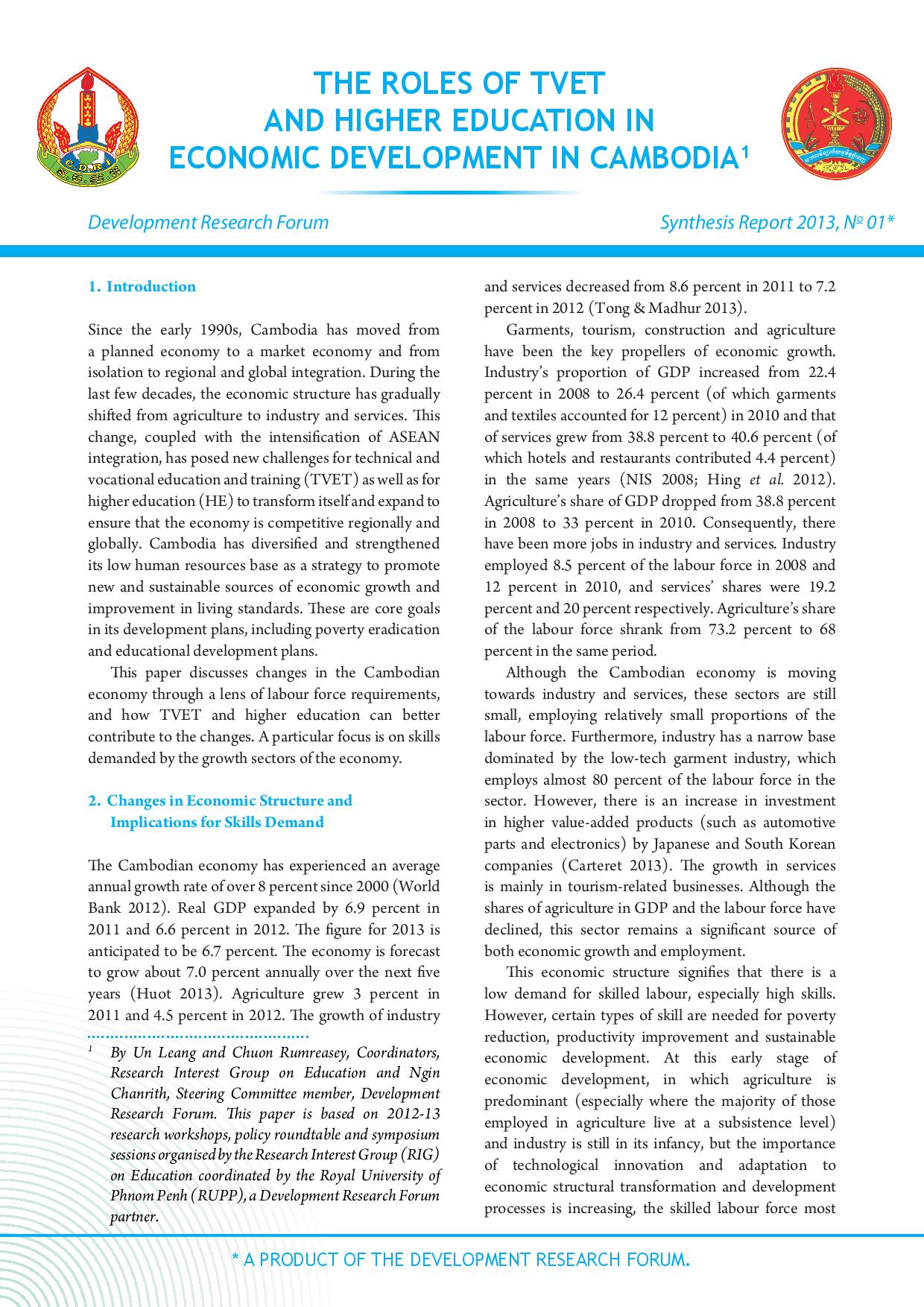
During the last decades, Cambodia’s economic structure has gradually shifted from agriculture to industry and services. This change, coupled with deepened ASEAN integration, has posed new challenges for transforming and technical and vocational education and training (TVET) and higher education to ensure that the economy is competitive regionally a...

This chapter assesses how the global economic and financial crisis has affected employment in small- and medium-sized enterprises (SMEs) in the construction and tourism sectors in Phnom Penh municipality and Siem Reap province. Key areas of analysis are SMEs’ business performance, fixed assets value, and employment, and support received to c...
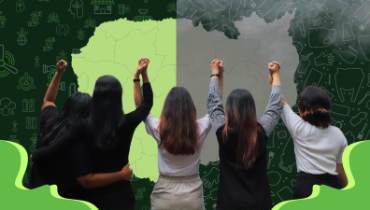
Cambodia’s susceptibility to climate change is heightened by its limited ability to adapt. Women experience more pronounced consequences from climate change than men. As Cambodia strives to achieve carbon neutrality by 2050 amidst mounting climate uncertainties, it becomes crucial to examine the effects of this transition on women’s livelihoods and...

The Ponlok Chomnes II program is a four-year program funded by the Australian Department of Foreign Affairs and Trade through The Asia Foundation's Ponlok Chomnes: Data and Dialogue for Development in Cambodia that aims to promote the normalisation of the use of evidence and inclusive dialogues to inform public policy decision-making. The Ponlok Ch...
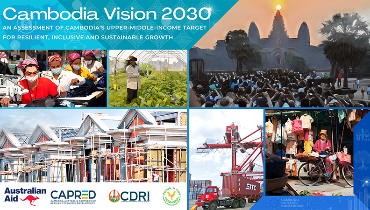
Inspired by the high and sustained economic growth of the past decades that lifted disposable income and pulled millions of people out of poverty, the Cambodian government has set its ambitious target of becoming an upper middle-income country by 2030 and further a high-income country by 2050. This aspiration terms as ‘Cambodia’s Vision 2030’...
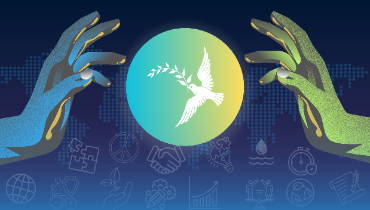
The context in which peacebuilding occurs has experienced a dramatic shift during the last two decades. Following the end of the cold war – which were formative years for the industry – civil wars/conflicts typically ended with a peace agreement, reconstruction began, and peacebuilding took place in reasonably controlled environments towards (some...
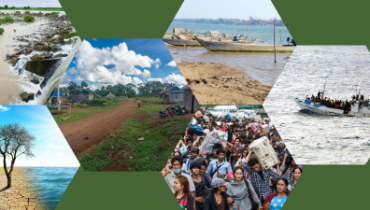
Links between climate change and migration in Cambodia need to be empirically substantiated. It is known that climate change poses a threat to agricultural production and impacts men and women in different ways in terms of a shift in employment, access to resources and assets, social norms and gender stereotypes, socioeconomic opportunities, and ad...
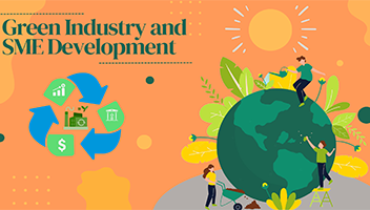
Green SMEs are small and medium-sized enterprises that operate environmentally and sustainably. In Cambodia, MSMEs (Micro-, Small and Medium-sized Enterprises) are the backbone of the economy and constitute more than 90 percent of firms in Cambodia. In 2018, MSMEs created over 70 percent of employment opportunities and more than 50 percent of the a...
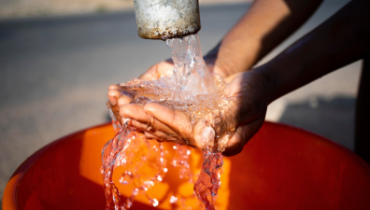
Climate resilient water safety planning (WSP) has commenced in Cambodia, and new guidelines have been developed by government agencies to inform and guide climate-resilient water resources management and water security. These two new guidelines have been developed by the Ministry of Industry, Science, Technology & Innovation (MISTI) and the Ministr...
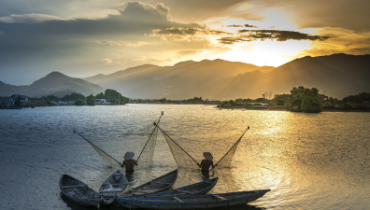
The Mekong Thought Leadership and Think Tanks Network Program will address the challenges related to water and energy in the context of climate change impacting the most vulnerable and marginalised in society in Mekong countries. This will be achieved through evidence-based research and analysis, engagement with regional, national, and local policy...
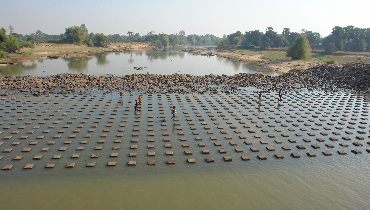
The Asian Mega Deltas (AMD) program is one of the new OneCG initiatives that commenced in April 2022 and will run till at least 31 December 2024 (Phase 1). The One CG involves closer working modalities amongst the numerous CG Centers to provide more coordinated and integrated support to governments and civil society in pursuing more productive, div...
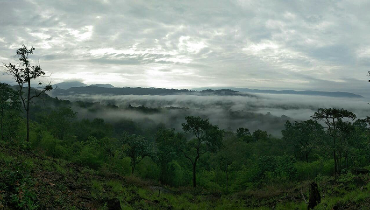
CDRI research team works together with national universities, governmental institutions and NGO/CSOs in both Cambodia and Lao PDR to develop a research proposal applying for EXPLORE Research grant on forest landscape governance. The proposed research title is “Co-adaptive forest management through climate-smart technology and communal social capit...
